European geopolitical awakening
Leaders are making it clear that investing in Ukraine’s defense is essential to securing Europe’s common future. Early 2024 marks Europe’s second “geopolitical awakening” since the shock of the Russia-Ukraine war. More than two years later, what has awakened Europe this time is US presidential candidate Donald Trump’s declaration of “abandoning allies,” combined with the West’s struggle to support Ukraine and Russia’s relentless pressure along the front lines.
This second awakening has sparked explosive debates within Europe, with Paris and Berlin blaming each other for what the other has not done or is not willing to do to support Kiev. The gap between French President Macron’s assertive call for incremental changes to push back against Russia and German Chancellor Scholz’s primary concern about preventing escalation underscores broader differences between France and Germany—and other European allies—over how to respond to key developments.
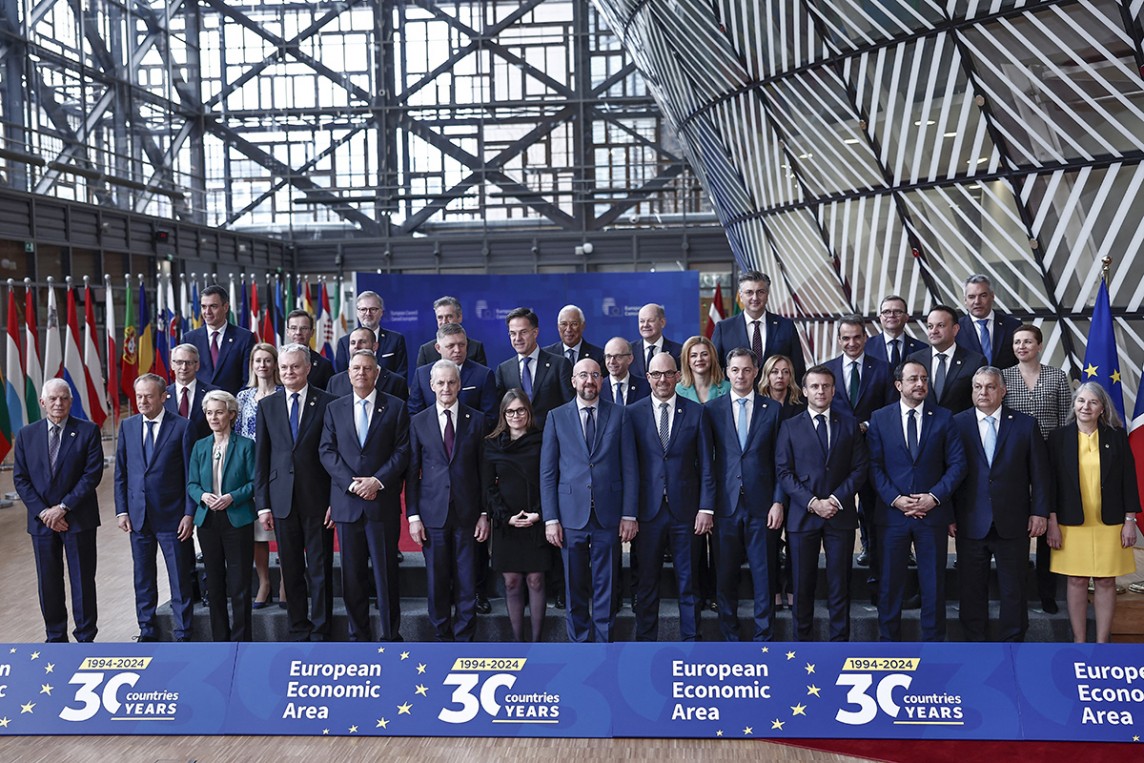 |
| European Union leaders at the EU summit in Brussels, Belgium. Photo: AP |
The difficult year ahead in 2024 will show whether this strategic discord will derail a pattern of deepening rapprochement or set off a new trend. The fundamental question is whether the threat of a Russia-Ukraine war will ultimately strengthen or divide Europe.
The tension between convergence and division within the EU has shaped Europe’s response to the mounting crises of the past two decades and still does today. Until the Covid-19 pandemic, European leaders had tried to compromise to deal with successive crises that threatened the EU’s cohesion.
Europe’s response to the pandemic and the Russia-Ukraine war marks a significant change. Both crises were of exceptional scale and severity, threatening all EU member states and requiring the mobilization of vast resources to deal with their widespread impact. In both cases, European countries came together to rise to the challenge.
The war in Ukraine has certainly exposed differences between EU member states. However, these disputes have created a broader trajectory of political convergence, enabling an unprecedented mobilization of resources to support Ukraine. In early 2024, the prospect of US financial and military support for Kiev drying up has severely tested the EU’s resilience.
The prospect of a Trump victory in November could also undermine the credibility of US security guarantees to NATO allies. The outcome of the upcoming presidential election will determine Washington’s attitude towards Europe.
Yet the deep currents that shape American politics and its global standing are now challenging Europe’s deeply ingrained assumption of dependence on the United States. Ultimately, responsibility for the future of Ukraine and the European security order is shifting to Europe. But it is unclear whether Europe’s political structure is designed to bear this burden. In addition to its inadequate defense capabilities, its deep dependence on the American security umbrella has prevented European countries from developing a common, comprehensive strategic culture—specifically, their own priorities and how to advance them together.
Europe takes more responsibility for defense
The experience of the war in Ukraine must help strengthen a common strategic approach. It is important that European countries convert the geopolitical pressure they face into political strength. The immediate priority is to provide Ukraine with everything it needs to hold its line and strengthen its air defenses.
As the European Council acknowledged at its March summit, the emergency assistance effort for Ukraine will be part of a broader push to push Europe to take more responsibility for its own defence.
The NATO summit in Washington in July will be a key moment to focus minds and drive progress. By working together, European countries can increase their contributions to NATO, help reinforce the US commitment to European security, and better manage the risks of a second Trump term.
Recent initiatives such as the European Defence Industrial Strategy are a step in the right direction. However, implementing this strategy will require much more sustained joint funding, and there is no agreement among EU member states on how to implement it.
The lack of consensus is another manifestation of the delicate balance between convergence and fragmentation in EU politics and decision-making. Economic stagnation across the bloc could also exacerbate divisions among member states. When it comes to aid for Ukraine, cumbersome negotiations and growing political divisions within the EU will mean that the money allocated to Ukraine will be trickling down and insignificant.
To avoid such a scenario, leaders need to make clear that supporting Ukraine and building European defence are important aspects of a broader strategy of investing in Europe’s common future. This effort is a prerequisite for achieving all the other key goals driving the EU’s agenda, from economic competitiveness to technological sovereignty, from social cohesion to a leading role in tackling climate change.
Source: https://congthuong.vn/cuoc-chien-o-ukraine-thuc-tinh-dia-chinh-tri-chau-au-328380.html





![[Photo] Closing of the 11th Conference of the 13th Central Committee of the Communist Party of Vietnam](https://vstatic.vietnam.vn/vietnam/resource/IMAGE/2025/4/12/114b57fe6e9b4814a5ddfacf6dfe5b7f)

![[Photo] Overcoming all difficulties, speeding up construction progress of Hoa Binh Hydropower Plant Expansion Project](https://vstatic.vietnam.vn/vietnam/resource/IMAGE/2025/4/12/bff04b551e98484c84d74c8faa3526e0)


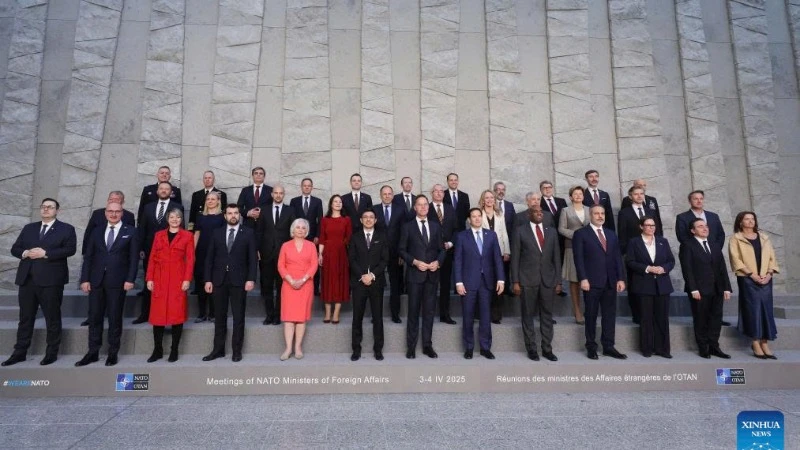

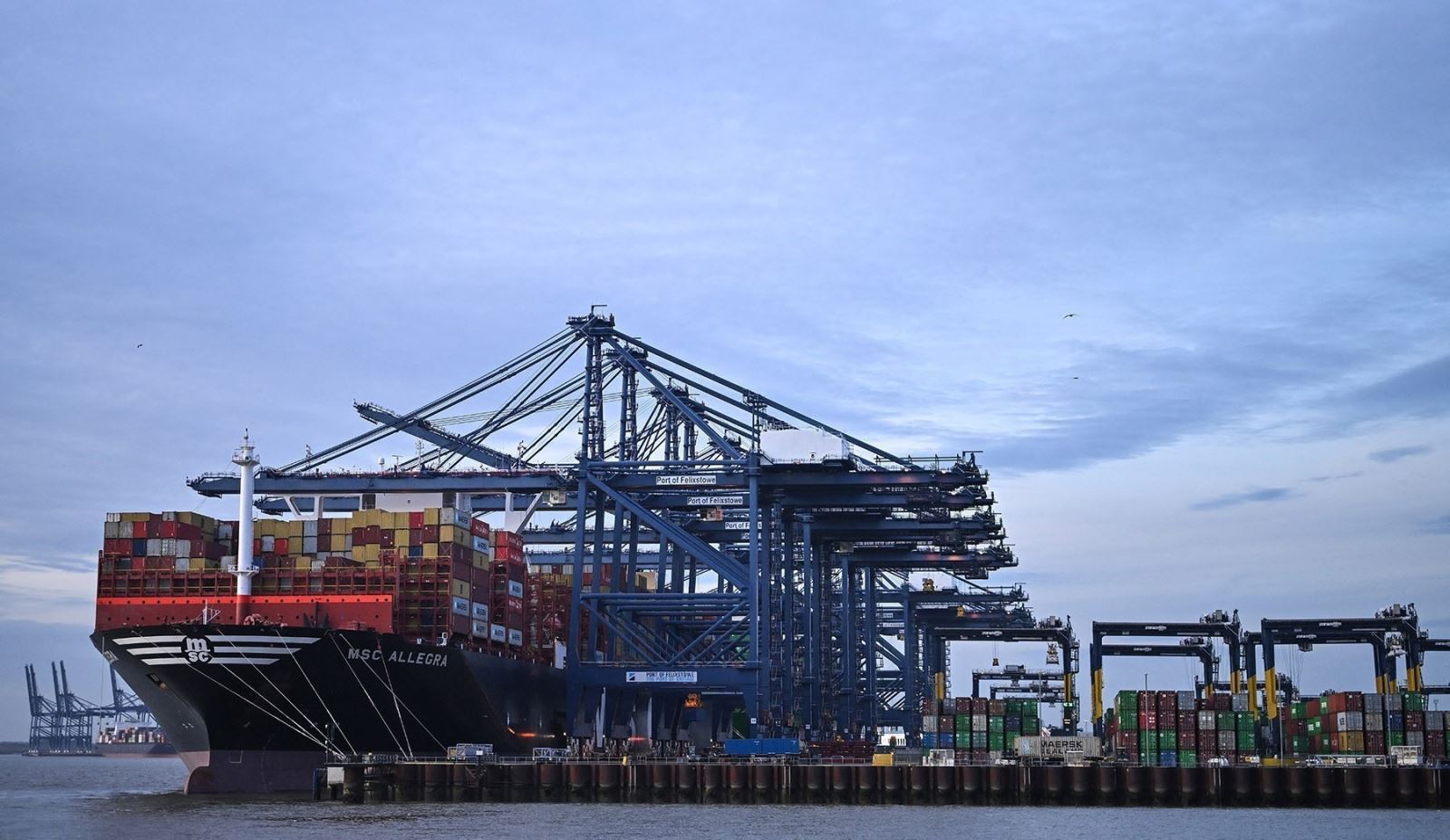



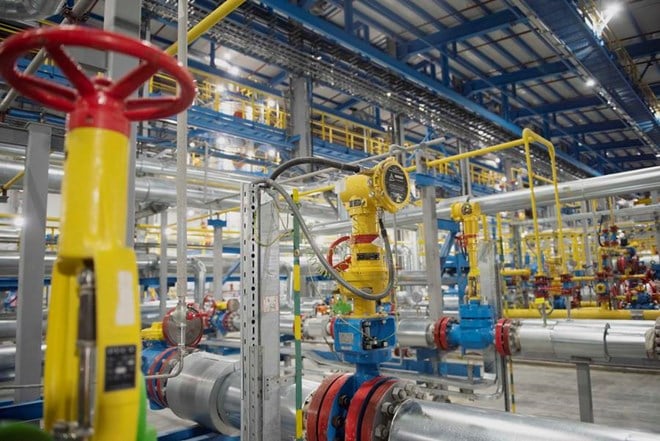

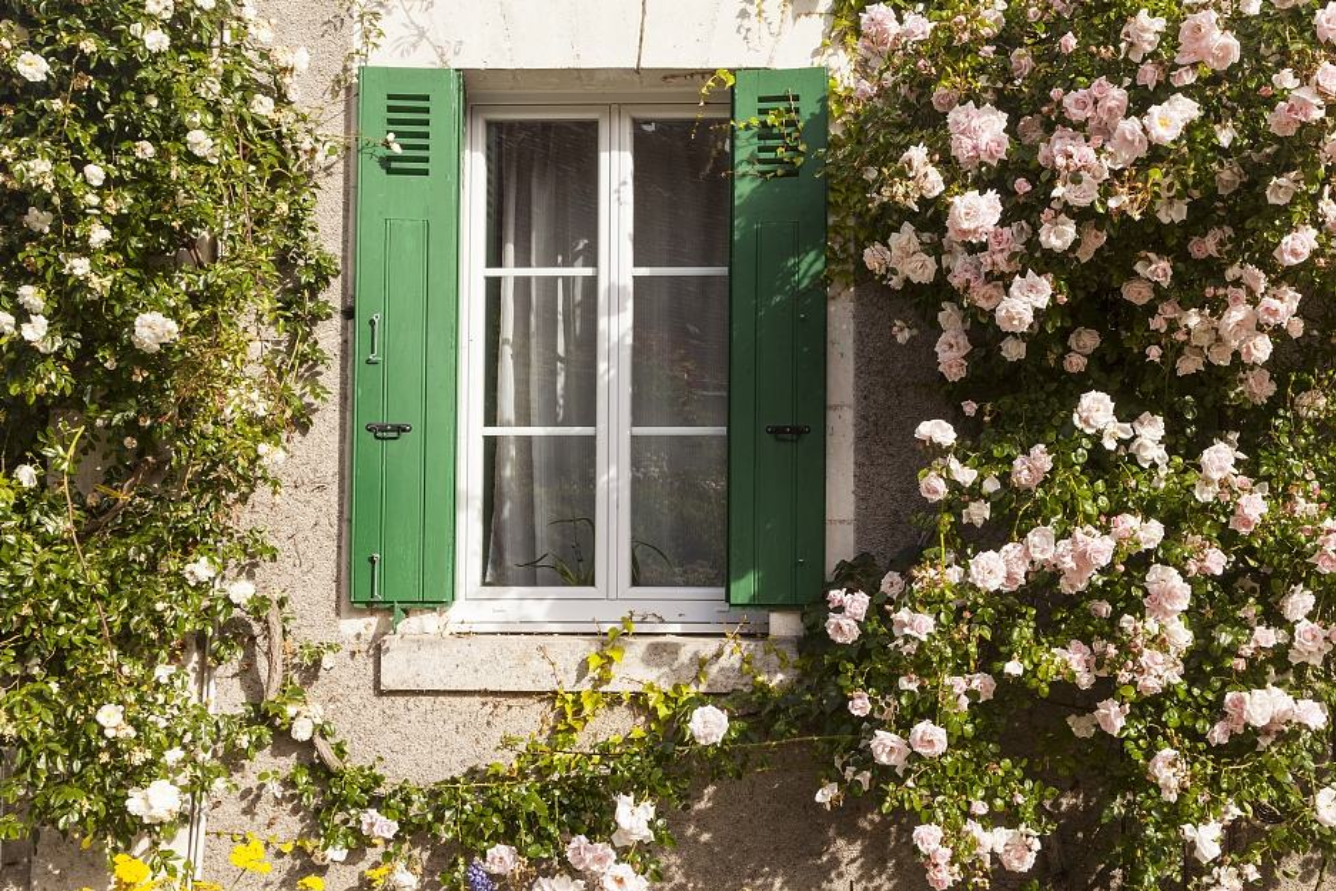
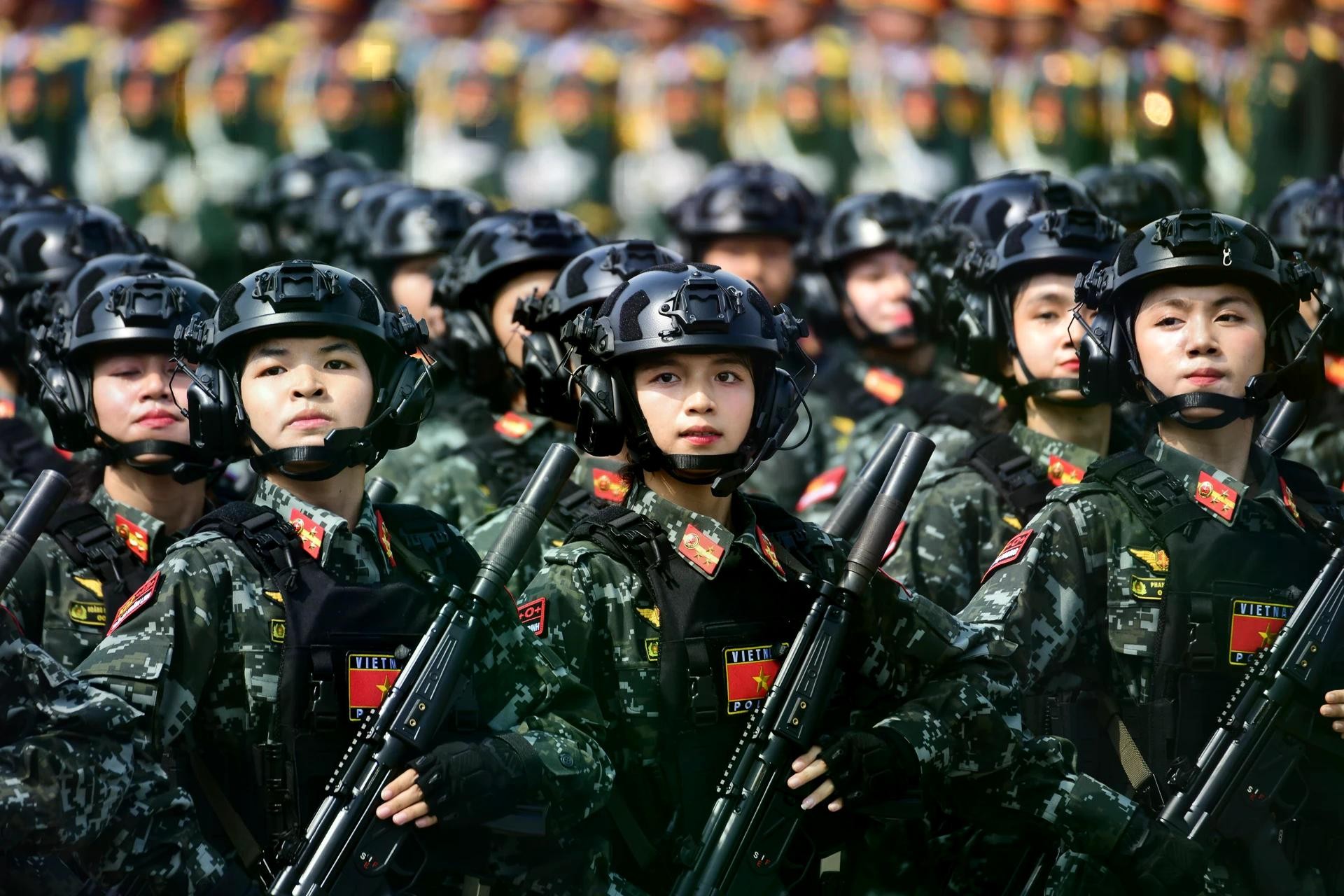
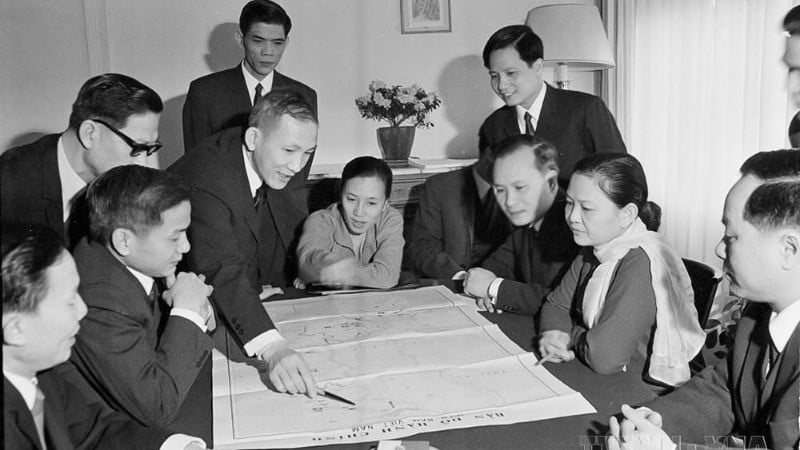
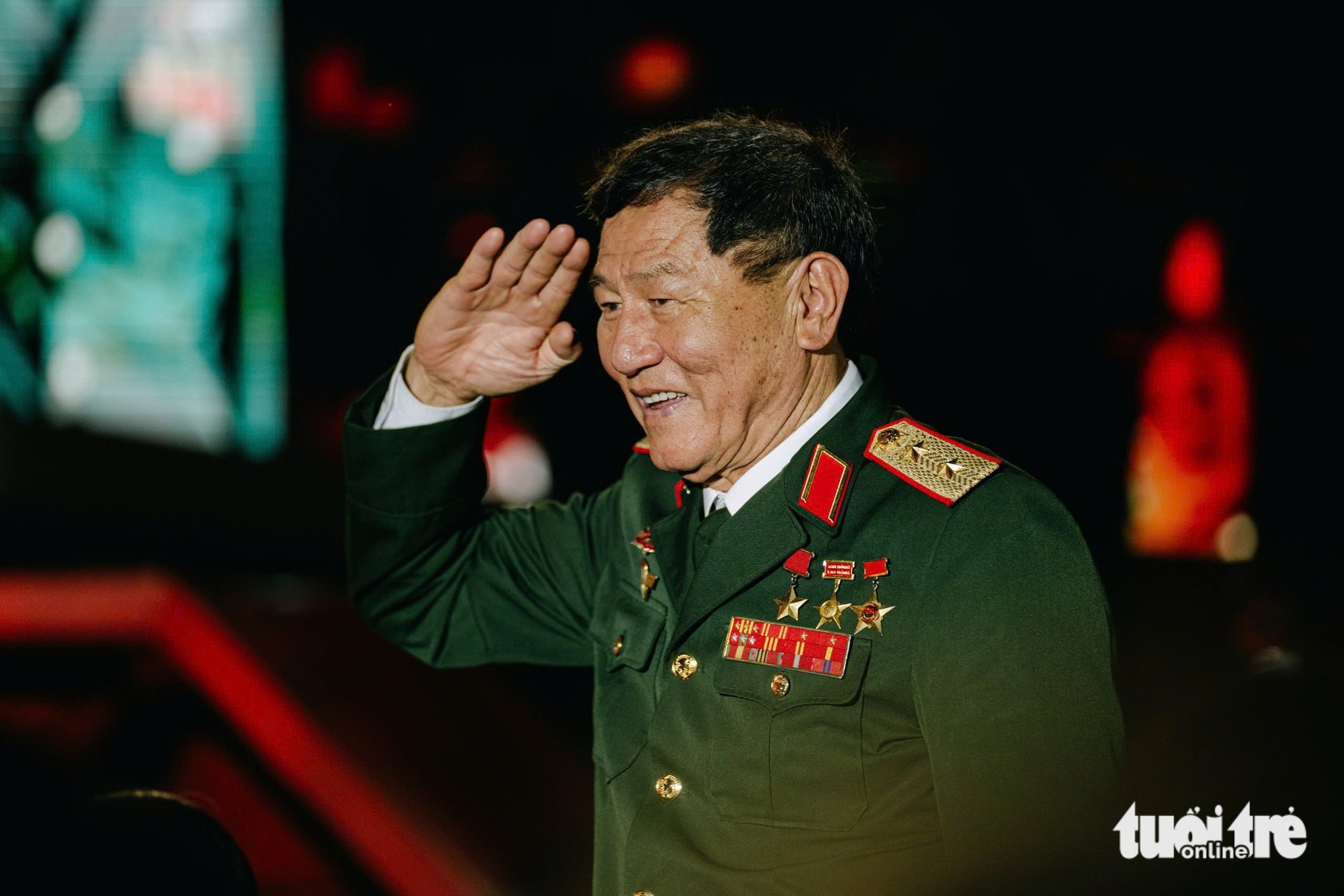
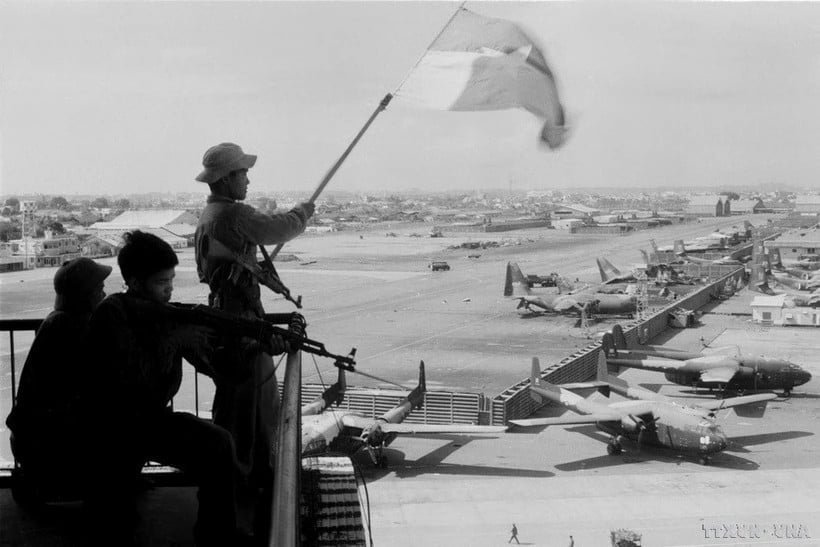

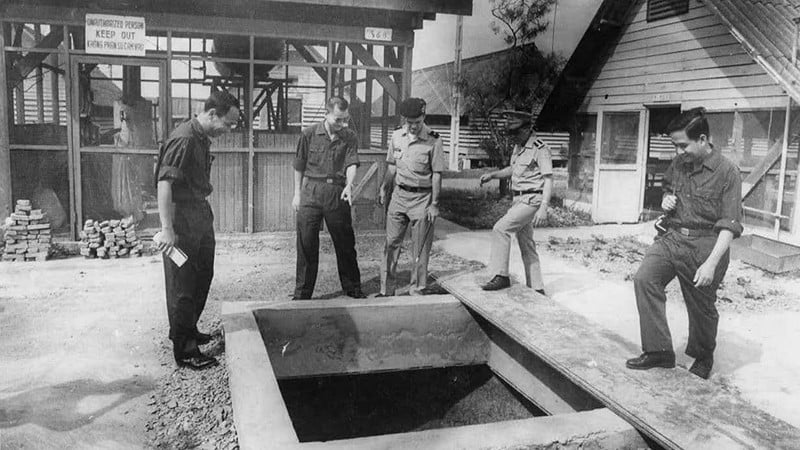








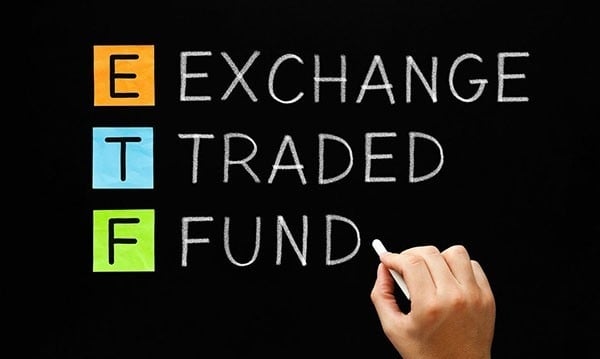











































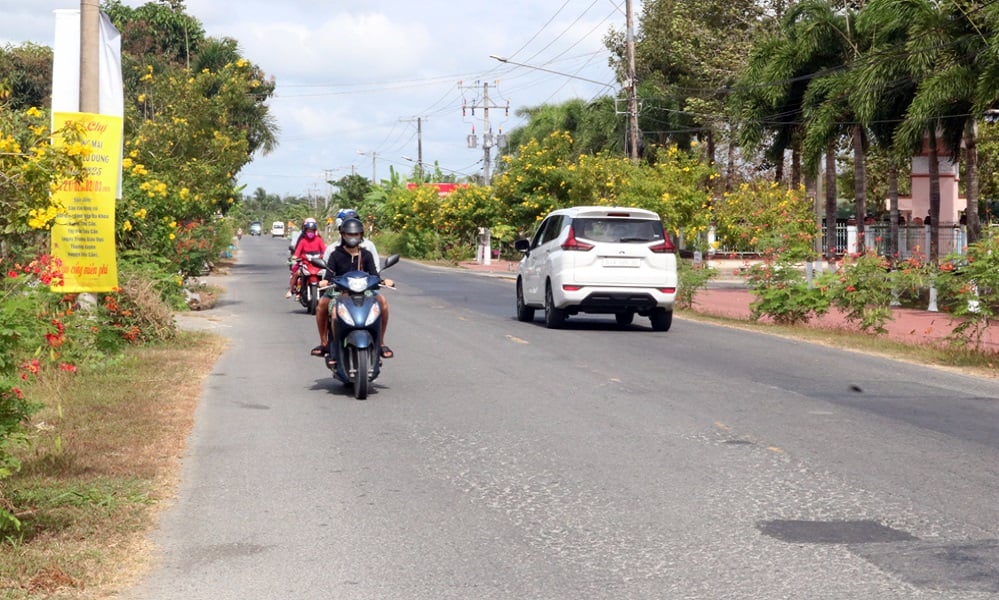
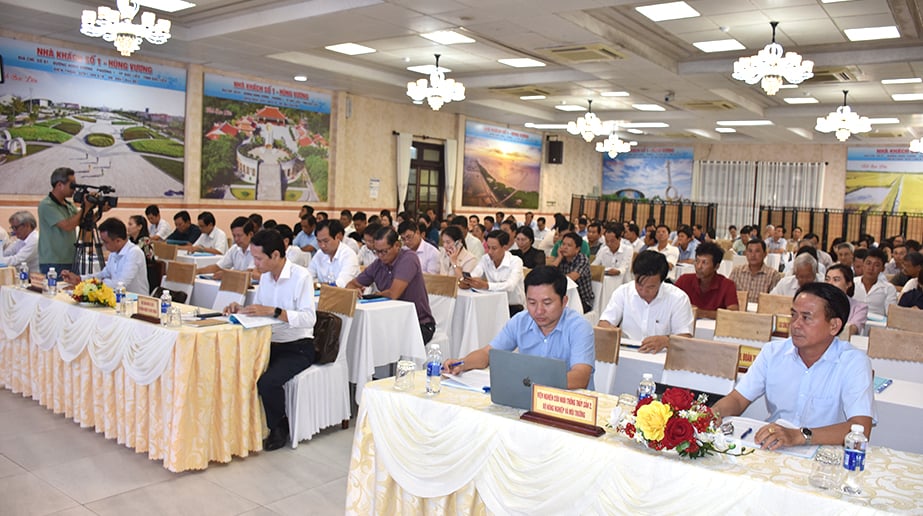



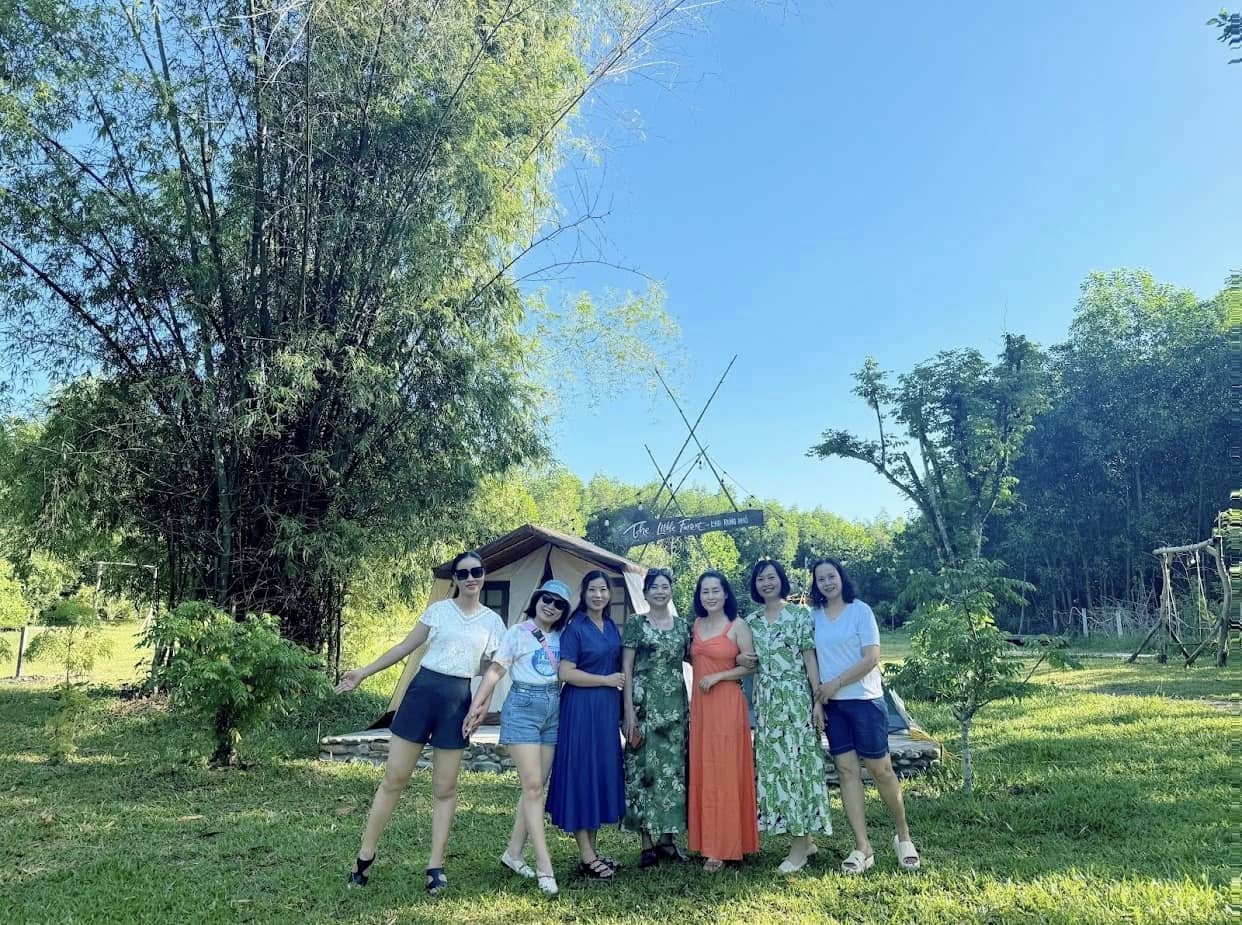














Comment (0)